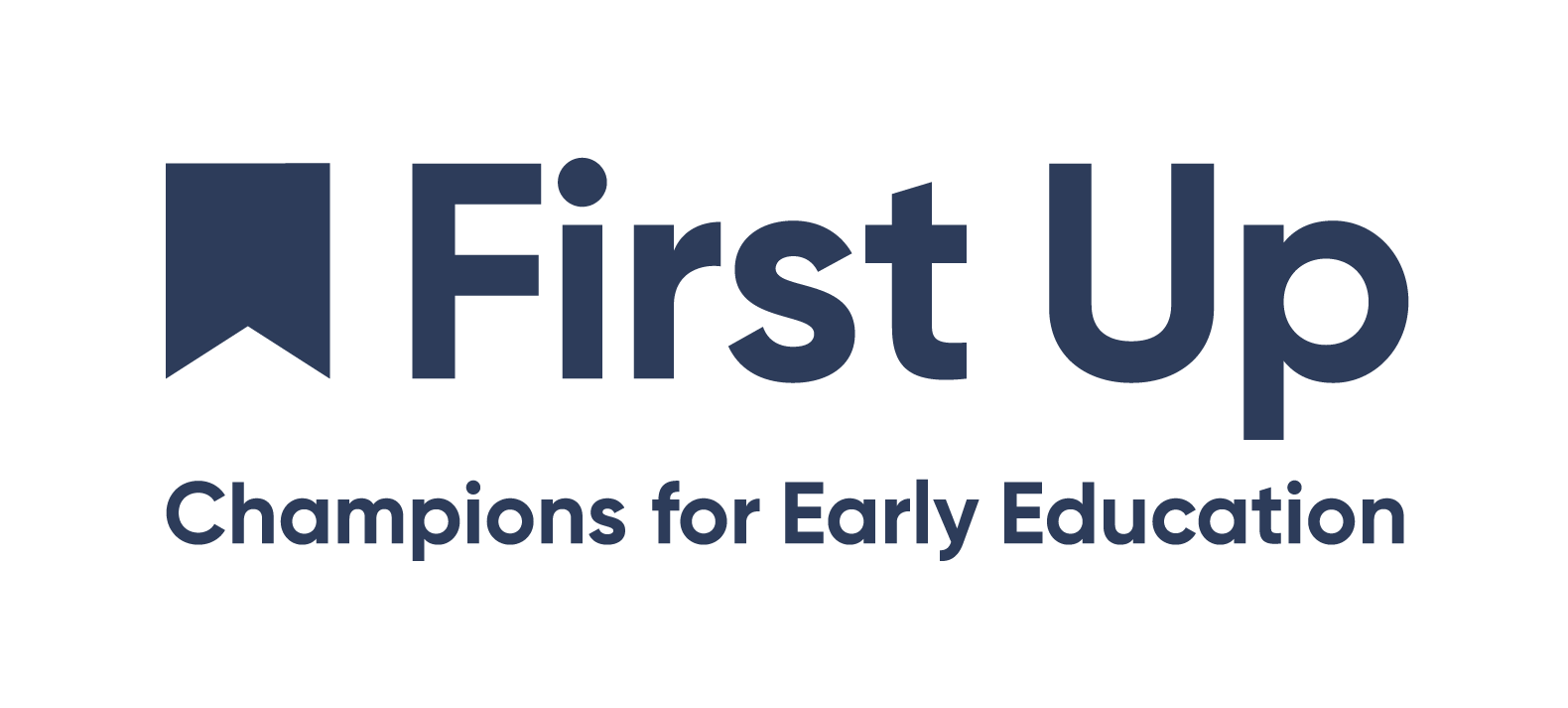Resources For All
Immigration Resources
State ECE Campaigns
- High-Quality Child Care in PA: 2024 Fact Sheets and Mapping
- Support Pre-K for PA
- High-Quality Pre-K in PA: 2024 Fact Sheets and Mapping
- Support Start Strong PA
Get Out the Vote (GOTV)
Build Your Leadership/Advocacy Skills
Contact Your Legislators
Legislator Resources
Resources for Effective Organizing
Resources for Parents



